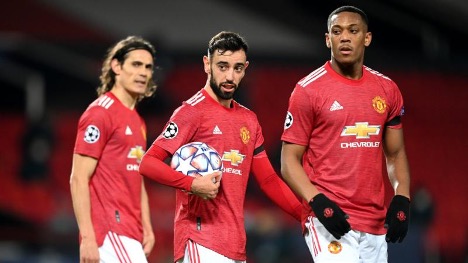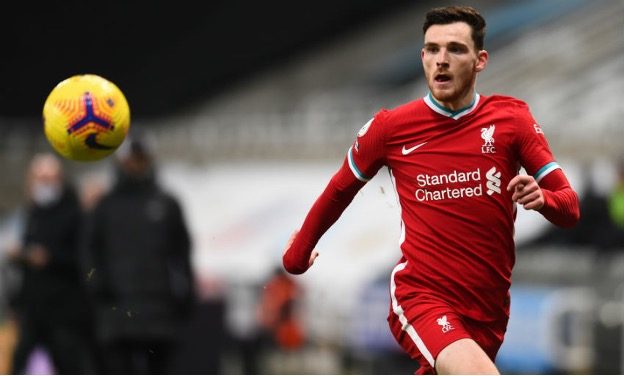At some point in our lives, we will all make use of a loan to further our station in life. The most common forms of loans that people utilize are of course loans to pay for vehicles purchased, or the mortgage on the home we buy.
As life continues, there are other forms of loans that will come into play. A student might require financial assistance in the form of a student loan to help defray the cost of attending university. A growing family might take out a loan to renovate their home, or even to put an addition on to their house.
Loans are also a commonplace practice in the world of professional football. Top clubs will often loan talented young players to teams in the lower divisions of English football in order to allow them to develop their skills. The cubs see this as an ideal way to make a solid bet for their future, because it will bring a return on investment that will work to the betterment of their side.
Why Do Clubs Loan Out Players?
A top side such as Liverpool or Manchester United will list far more players on their rosters than they will need to contest a Premier League season. All of these clubs also operate their own youth academy through which they develop talent for the future to ensure that they will remain title contenders and among the elite sides in the EPL.
With so much talent and so few spots available on the first team, finding matches for some of the players in the squad proves to be challenging. That’s why these clubs will often loan younger players, or perhaps players who are out of favor with the manager that they are unable to find a new home for via transfer, to another club where they will gain valuable first-team playing time.
This is especially vital in the case of the younger, up-and-coming talents. Competing for the EPL title and one of the lucrative places up for grabs in UEFA Champions League competition, top sides aren’t about to insert an inexperienced player into the squad and allow him to learn from his mistakes at the highest level of English football.
This is why EPL clubs will frequently permit their players to go on loan to a club in the lower tiers of pro football. Enabling a player to hone their skills against lesser competition allows them to both build up their confidence and to also make those errors of inexperience while figuring out the pace and challenges of the professional game.
For the teams who get the player on loan, the situation is also ideal. These clubs in the Championship, League One, or League Two, simply don’t possess the finances to sign a player of that calibre, who offers the potential to grow into an elite performer. By enabling these budding stars to basically apprentice at the game amongst their squad, it gives them a talented performer who may ultimately improve their chances of earning promotion.
The Financial Aspects Of A Loan
During this loan period, the team loaning the player maintains his rights, even though he’s playing for another club. How the player’s wages will be paid during the span of the loan is negotiated between the two clubs and varies on a case by case basis.
Should the loan be to a club playing in the same division, or if the two sides were to meet in a cup competition, the player on loan is prohibited from playing against the club that loaned him out.

“Manchester United” by Getty is licensed under CC BY 3.0
Famous Players Who Were Loaned
Some of the greatest players in English football history got their start in the professional game via a loan to a lower club. In 1999-2000 for instance, Chelsea sent future England captain John Terry to Nottingham Forest on loan. Future England internationals Rio Ferdinand (Bournemouth, 1996-97) and Frank Lampard (Swansea City, 1995-96) also launched their legendary careers through a loan transaction.
Current England captain Harry Kane was loaned out four times by Spurs – to Leyton Orient, Millwall, Norwich City and Leicester City. Even David Beckham got his illustrious career off on the right foot via a loan spell. Manchester United sent Beckham to Preston North End in 1995. Beckham scored a pair of goals, including one off his patented magical free kicks, during a five-match spell with the Lilywhites.





